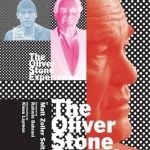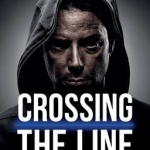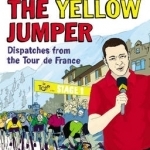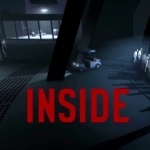
Mystery of the Ancients: Deadly Cold HD - A Hidden Object Adventure
Games and Entertainment
App
Play the trial for FREE! Pay once & complete the adventure! You jump at the chance to visit your...
Goddess in the Stacks (553 KP) rated Redshirts in Books
Dec 23, 2018
Imagine your average sci-fi space opera TV show on cable television with hand-wavey science and half-assed special effects - take those characters and make them realize they're IN A TV SHOW. Let them realize all of their woes are due to shitty writing, and see what they do with that knowledge. THAT is this book, and it is crazy and hilarious and weird and eye-roll-inducing.
Between the time travel, the Box that does magic science behind the scenes so things work out on-screen, the Narrative taking control and making people say and do things they wouldn't otherwise do - this book is wacky and just full of what-the-fuckery. It's fun, though, and if you can keep yourself from groaning out loud every few pages, it's a pretty good read.
You can find all my reviews at http://goddessinthestacks.com

The Oliver Stone Experience
Matt Zoller Seitz and Kiese Laymon
Book
Oliver Stone is one of the grand masters of American cinema. A multiple Academy Award-winning...

Hijacking Laliga: How Atletico Madrid Broke Barcelona and Real Madrid's Duopoloy on Spanish Football
Book
Hijacking La Liga: How Atletico Madrid Broke Barcelona and Real Madrid's Duopoly looks at what went...
Fred (860 KP) rated Inside in Video Games
Mar 2, 2019
I don't want to tell you anymore, as it's something you need to experience for yourself. The story gets real deep & builds to an exciting ending. Yes, the game is short, but you'll probably replay it, if only to find the hidden orbs. Play it, play it, play it. NOW!
Being David Archer: And Other Unusual Ways of Earning a Living
Book
Timothy Bentinck has played the part of David Archer in BBC Radio 4's The Archers since 1982. He is...

Crossing the Line: Losing Your Mind as an Undercover Cop
Christian Plowman and Douglas Wight
Book
As he rose through the ranks of various departments of the Metropolitan Police, Christian Plowman...

How I Won the Yellow Jumper: Dispatches from the Tour De France
Book
'Paris, 4 July 2003: My first Tour de France. I had never seen a bike race. I had only vaguely heard...

Augie Pabst, Behind the Wheel
Book
Augie Pabst was one of the best American sports car racers in the late 1950s and early 1960s. He...

Million Dollar Decorating
Podcast
With the launch of Million Dollar Decorating, James Swan adds media-host to his career...


